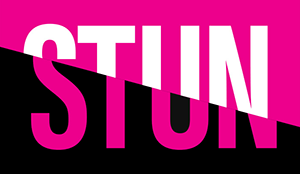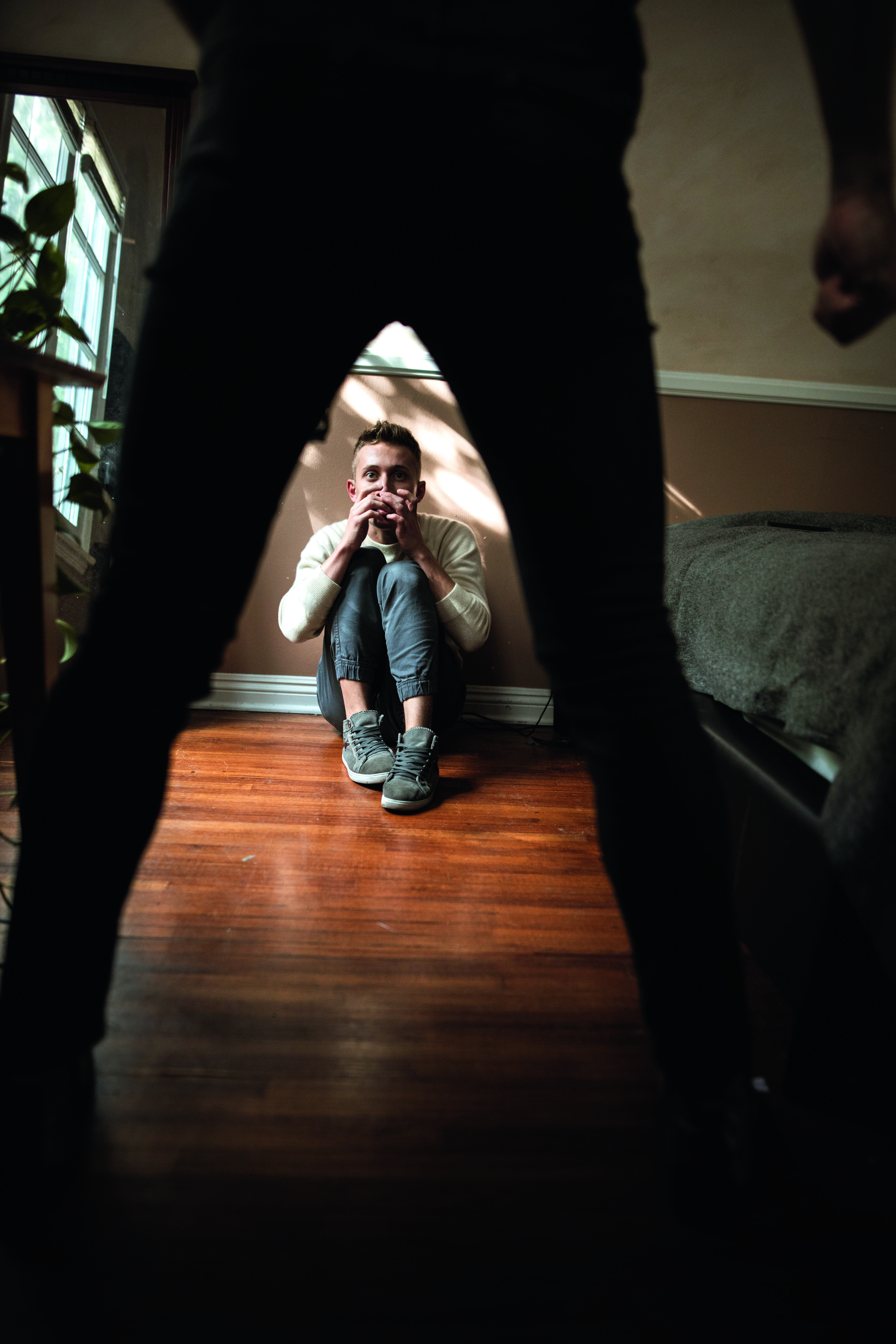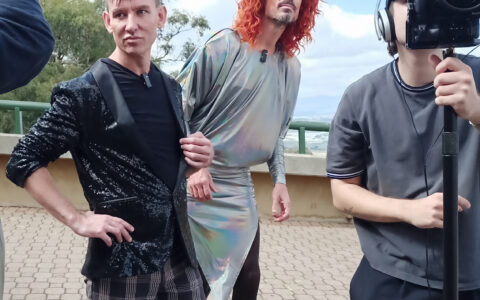Over recent years in Australia, we have seen immense progress in the recognition of LGBTAIQ+ rights and acknowledgement we form part of Australia’s rich and diverse culture. Undoubtedly, Marriage Equality (2017) was our pinnacle achievement, the result of decades long lobbying and collaboration between the queer community and our allies. There’s been some pleasing developments in Victoria with the launch of the Pride Centre at St Kilda, and the Government’s appointment of Todd Fernando as the first LGBTIAQ+ Communities Commissioner (2021). We shouldn’t forget that we got our very own version of Ru Paul’s Drag Race (2021), and then there was the unforgettable party which was World Pride in Sydney last year.
Queer domestic violence stats
- 1 in 3 LGBTI people experience domestic violence from a current or former intimate partner, or family member (ACON)
- Nearly 66 per cent of gay, bisexual or queer men said they were involved in past abusive relationships (Sorting it Out 2017-18, ACON & Western Sydney University)
- 0-4 same-sex people were killed each year due to abuse from their partner during 1989-90 to 2009-10 (Australian Institute of Criminology)
Queer domestic violence stats
- 1 in 3 LGBTI people experience domestic violence from a current or former intimate partner, or family member (ACON)
- Nearly 66 per cent of gay, bisexual or queer men said they were involved in past abusive relationships (Sorting it Out 2017-18, ACON & Western Sydney University)
- 0-4 same-sex people were killed each year due to abuse from their partner during 1989-90 to 2009-10 (Australian Institute of Criminology)
It was on New Year’s Day 2017, and I had enjoyed a relaxing day with friends at a barbie at our place. Fast forward a few hours, I was sitting down on the floor of the entry. with blood all over my face after my nose was broken and cheek fractured. I’m not too sure what I had said to my then boyfriend or what the argument was about. But that was the moment I knew I had hit rock bottom, and if there was a next time, it would probably get much worse for me.
I was privileged to have been awarded a 2019 Churchill Fellowship to explore overseas approaches ‘to enhance support for gay male survivors’. I had proposed this topic as I had experienced challenges in accessing support stemming from Australia’s domestic violence narrative and support framework designed under the narrative of men’s violence against women. I wasn’t sure how I fitted in as someone who had experienced ‘a gay man’s violence against his boyfriend.’
What is a Churchill Fellowship?
- Churchill Fellowships are awarded by the Winston Churchill Memorial Trust each year, for Australians to travel overseas and bring back knowledge, ideas or insights to benefit the nation
- The next round of Churchill Fellowship applications opens 1 March 2024
- For more information visit: https://www.churchilltrust.com.au/
What is a Churchill Fellowship?
- Churchill Fellowships are awarded by the Winston Churchill Memorial Trust each year, for Australians to travel overseas and bring back knowledge, ideas or insights to benefit the nation
- The next round of Churchill Fellowship applications opens 1 March 2024
- For more information visit: https://www.churchilltrust.com.au/
The people I met with were amazing, dedicated and committed to ending domestic abuse and helping LGBTIAQ+ survivors. These are some of the key takeouts from my research:
- Some gay men may not know they are experiencing domestic violence. Violence among gay male couples may have been normalised in some contexts. Therefore, if you don’t know what’s happening, you can’t seek assistance to move out of it.
- Gay men need to see themselves in mainstream domestic violence support awareness campaigns so they know it is OK to seek support
- Ideally, there should be mainstream and LGBTIAQ+ domestic violence support providers which allows gay men to choose the provider to best support they need. For example, some gay men prefer to speak to queer people with lived experience, while others may prefer to speak to mainstream providers.
My Churchill Fellowship report is due to be published on the Churchill Trust website in the coming months. After this, I will reach out to the Australian Federal Police, local and federal government departments, domestic and victims support services, and others, to share my overseas conversations with a determination to build partnerships and work together to enhance how we support LGBTIAQ+ domestic violence survivors. I’ll also keep STUN updated over the year, on what’s happening in this space.
If you have any questions about my fellowship, please email me at churchillfellow2019@gmail.com or find me on LinkedIn.
If you or someone you know is experiencing is domestic violence, help is available. Call 000 in all emergencies. Counselling service 1800 Respect is also available or visit https://sayitoutloud.org.au/?state=all for a list of more supports and guidance.








